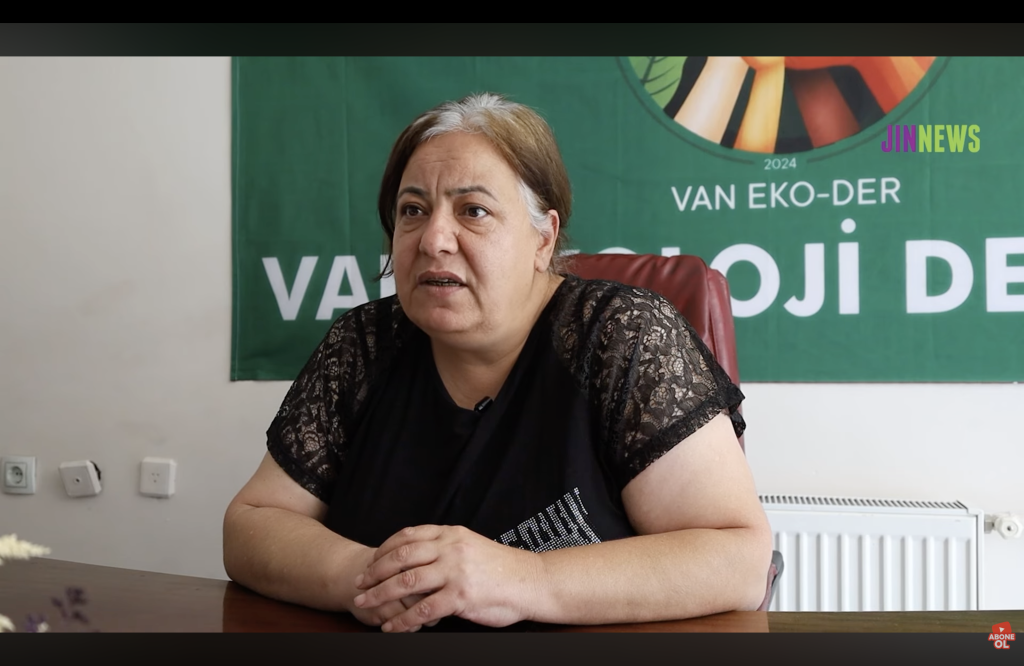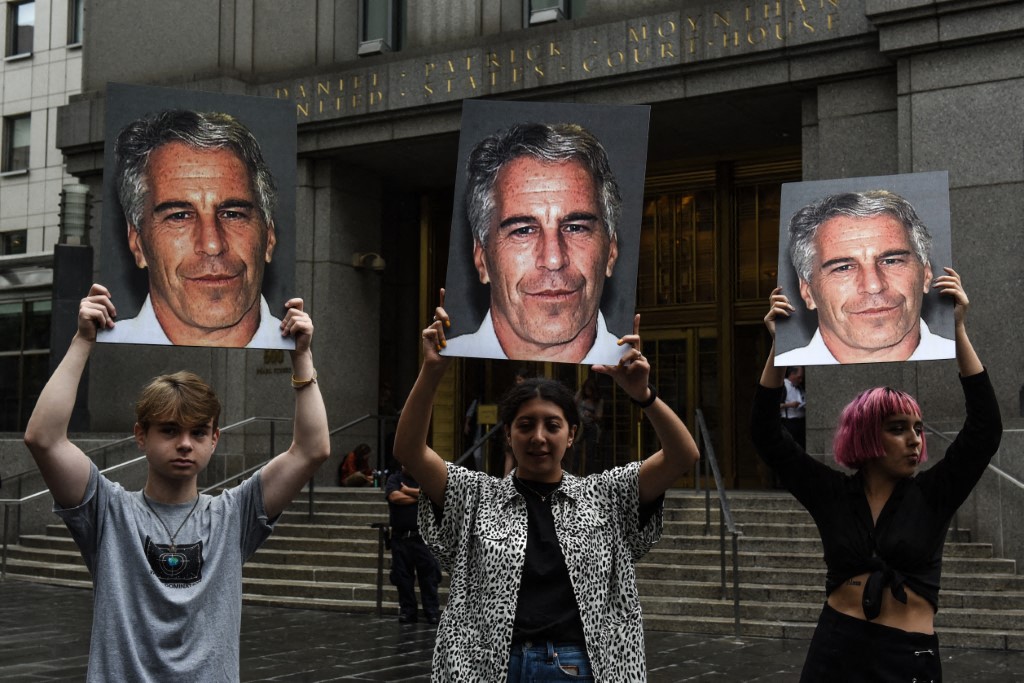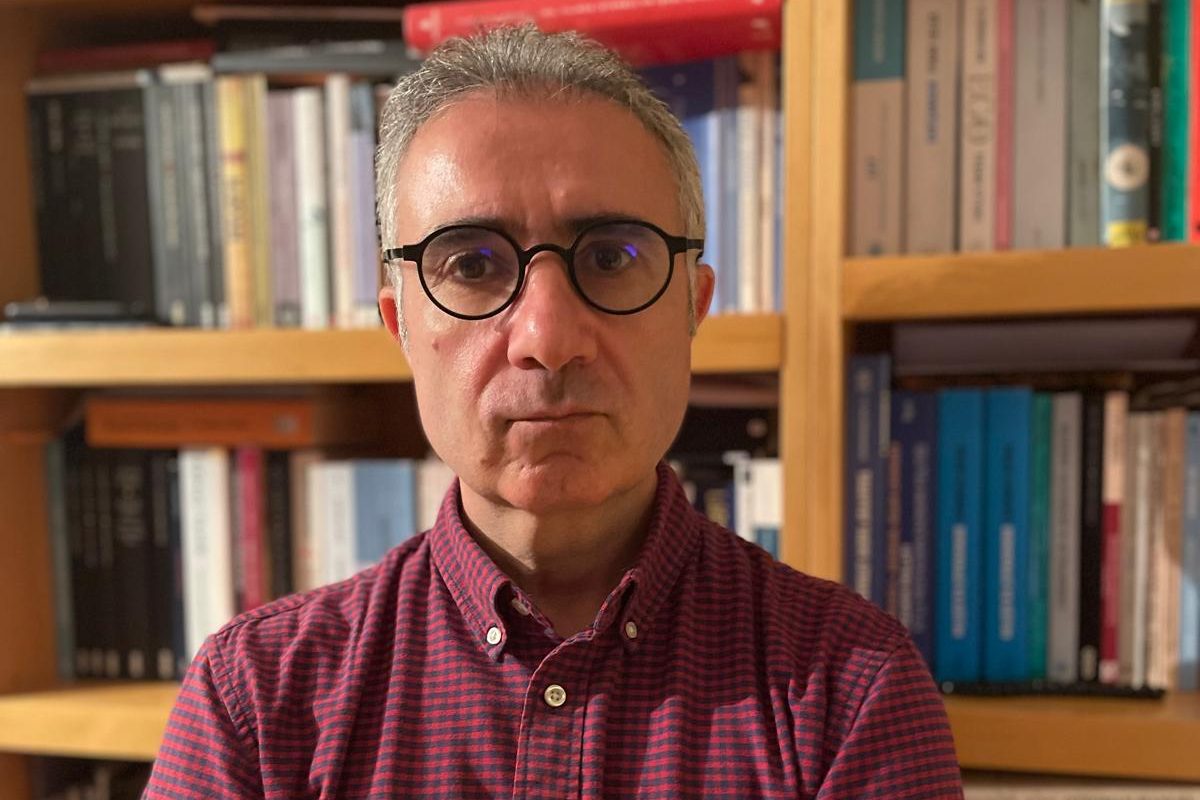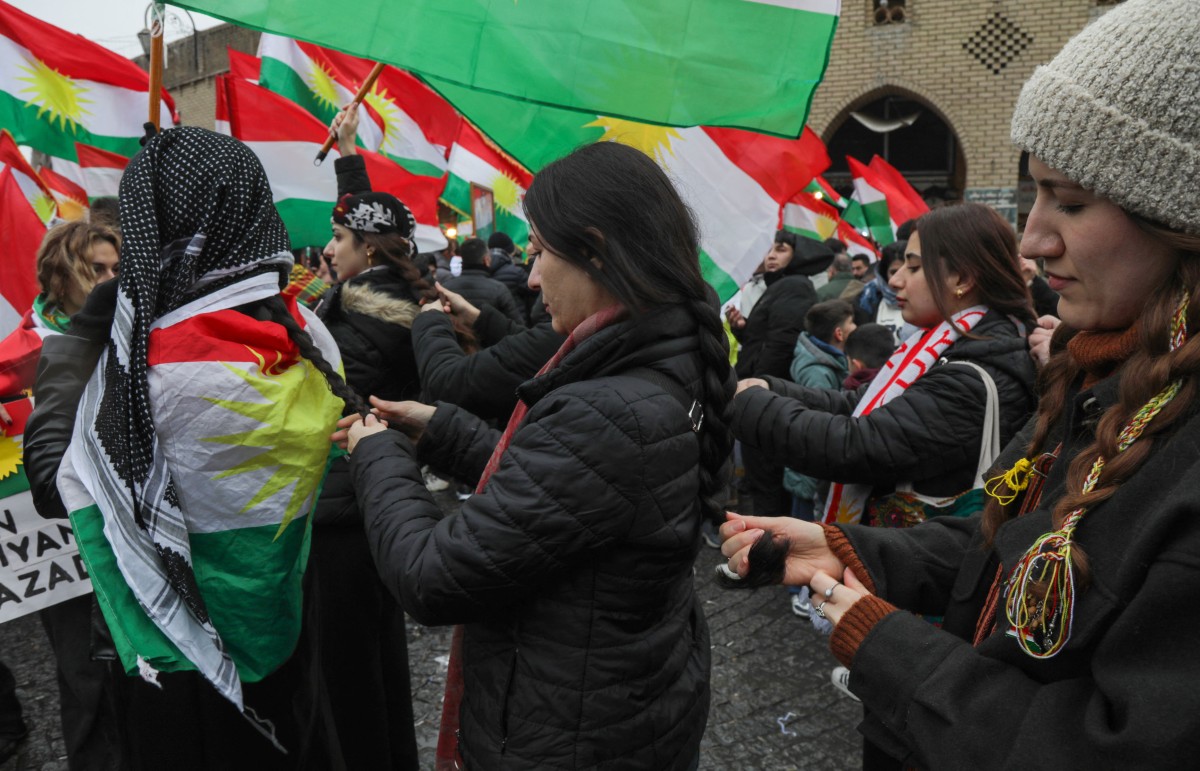“A Law of Ecocide”: Interview with Wan Ecology Association’s Dilek Akdağ on Turkey’s New Mining Law

Picture Credit: Dîlek Akdag
The Turkish parliament recently passed a controversial new mining law that expands the scope of extractive industries nationwide. The law opens previously protected lands—including forests, olive groves, wetlands, grazing areas, and water basins—to mining operations. It also grants sweeping powers to the General Directorate of Mining and Petroleum Affairs (MAPEK), weakens the oversight role of other state institutions, and enables urgent expropriation of private property in the name of “public interest.”
The legislation has triggered a wave of protests and has alarmed environmental groups, legal scholars, and opposition parties alike. But in Northern Kurdistan, the implications of the law go beyond environmental degradation. Here, the expansion of mining is seen as part of a broader strategy facilitating dispossession, displacement, and cultural erasure.
To better understand the law’s deeper consequences and how resistance against it is taking shape, we spoke with Dilek Akdağ of the Wan (Van) Ecology Association (Wan Eko-Der). In this interview, Akdağ tells us how the new law intersects with the region’s political history, what it means for local communities, and why the struggle for ecological justice in Kurdistan is inseparable from the struggle for survival.
The Amargi: What does the new mining law mean for Northern Kurdistan? Do you see a different dimension here compared to the ecology movements in Turkey’s western regions?
Akdağ: In Kurdistan, the new mining law not only accelerates the destruction of natural habitats and the livelihoods of local communities, but also damages the region’s socio-cultural fabric. Anti-mining movements in western provinces tend to focus more on environmental harm, but in Kurdistan, the struggle is deeply intertwined with long-standing policies of special warfare and displacement. As such, the resistance here is more political and rooted in survival.

The Amargi: Earlier, you described this law as an “ecocide law.” What led you to describe it as such??
Akdağ: The law opens previously protected areas such as olive groves, forests, and water basins to mining operations, thereby enabling the systematic destruction of nature. This is not just environmental degradation; it is an ecocide process that erases the habitats and cultures of local communities. The evacuation of the Şamanis (Topçu Değirmeni) village in Wan (Van) illustrates the law’s intention to erase entire villages from the map, forcibly displacing the locals, and handing over nature to the mercy of mining companies. This is not an isolated case; it poses a threat to other villages in Kurdistan as well.
In July 2025, the village of Şamanis in Payîzava (Gürpınar), Wan, was forcibly evacuated to make way for a coal mining operation carried out by a government-affiliated businessman. Despite a reported closure order and fine, issued following legal pressure from the Wan Bar Association’s Ecology Commission, mining activity has continued at the site.
The Amargi: Earlier, you mentioned that mining operations continue despite claims they’ve been “halted.” Will this become pervasive under the new law?
Akdağ: The new law grants mining companies “super-permits” that weaken oversight and make it harder to stop operations. As a result, the continuation of supposedly suspended projects may become more widespread.
The Amargi: You describe mining and energy projects in Kurdistan as part of a “special warfare policy.” Could you elaborate?
Akdağ: These projects sever the people’s connection to their land, weakening cultural identity, fragmenting the social fabric through village evacuations and forced migration, destroying economic self-sufficiency, and acting as tools of assimilation that erase collective memory.
The Amargi: Do you think these projects are reminiscent of the forced evacuations of the 1990s, or are they also signs of a new era?
Akdağ: They recall both the village evacuation policies of the 1990s and point to a new era; only this time, ecological destruction is merged with global capital and energy policies, forming a more systematic and comprehensive strategy of displacement.
During the 1990s, at the height of the armed conflict between the Turkish state and the now-disbanded Kurdistan Workers’ Party (PKK), more than 3,000 Kurdish villages were forcibly evacuated or destroyed by Turkish security forces. Framed as part of counterinsurgency efforts, these operations displaced hundreds of thousands of people, dismantled rural Kurdish life, and left deep social scars that persist to this day.
The Amargi: Can ecology movements in western Turkey and Kurdistan unite against escalating ecological destruction under the new law?
Akdağ: Yes, movements in both regions can unite around the defence of nature and life. Since the law poses a common threat, it has the potential to bring together resistance efforts in the west and in Kurdistan, but this will require stronger solidarity and communication.
The Amargi: In one sentence, what kind of future does the new mining law create for Kurdistan?
Akdağ: The new mining law creates a future for Kurdistan marked by ecological destruction, cultural erosion, and forced migration.
Serap Gunes
Serap Güneş is a freelance translator and writer based in Istanbul. She holds a PhD in International Relations and European Politics from Masaryk University, where her research focused on minority rights and EU–Turkey relations. Her work has appeared in both academic journals and independent media outlets.



